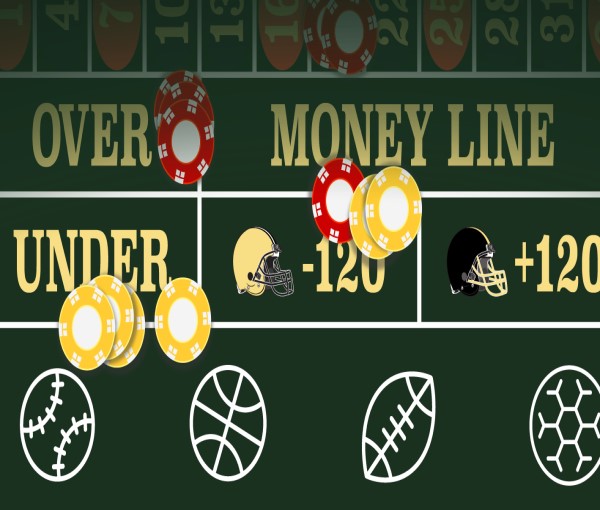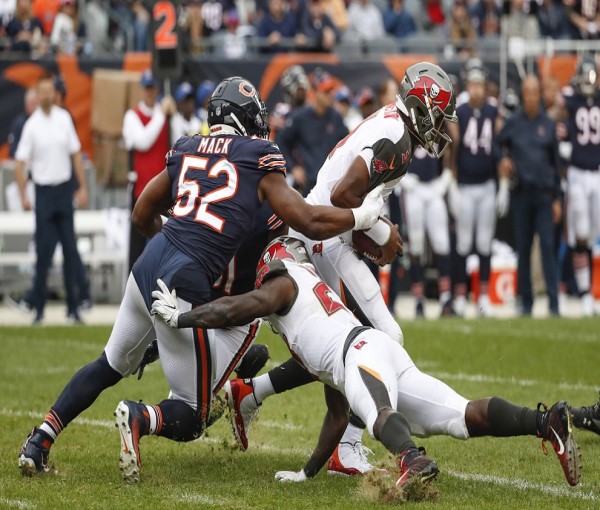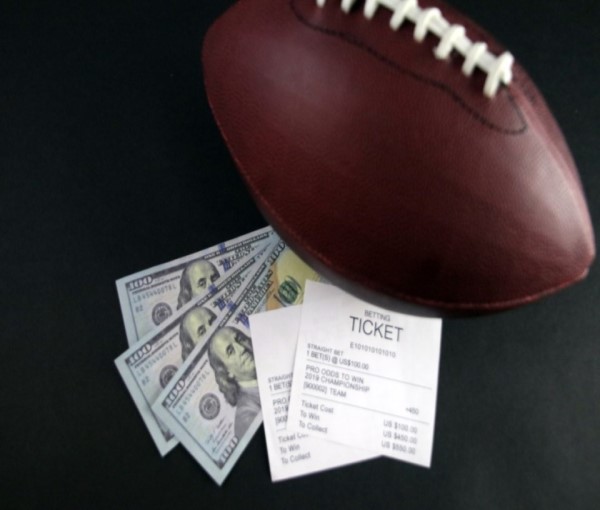Handicap betting, also known as spread betting, is a form of sports betting that aims to level the playing field between two teams or competitors by giving an advantage or disadvantage to each side.
Here's some information about handicap sports betting:
Definition: Handicap betting turns a sporting event into an even money contest by giving a virtual advantage or disadvantage to certain competitors. The handicap is represented by a numerical value assigned to each team or player.
Types of Handicap Betting: There are different types of handicap betting, including:
- Asian Handicap: This type of handicap betting originated in Asia and is popular in football (soccer). It eliminates the possibility of a draw by offering half-goal or quarter-goal handicaps. For example, a team may start with a -0.5 or +0.25 handicap.
- European Handicap: The European handicap allows for the possibility of a draw. It involves adding or subtracting whole numbers to the final score. For example, a team may have a -1 or +2 handicap.
How it Works: In handicap betting, the favored team or player starts with a negative handicap, while the underdog receives a positive handicap. The final outcome of the bet is determined by adjusting the actual result based on the assigned handicap. If the adjusted result favors the team or player you bet on, your wager is successful.
Benefits of Handicap Betting: Handicap betting offers several advantages, including:
- Increased betting options: Handicap betting provides more options beyond simply picking the winner of a game.
- Leveling the playing field: It allows you to bet on games where one side is heavily favored, making the outcome more uncertain and potentially offering better odds.
- Potential for higher payouts: Betting on underdogs with a positive handicap can result in higher payouts if they perform better than expected.
Sports and Events: Handicap betting is available in various sports, including football, basketball, rugby, tennis, and horse racing. It can be applied to both team sports and individual competitions.
























